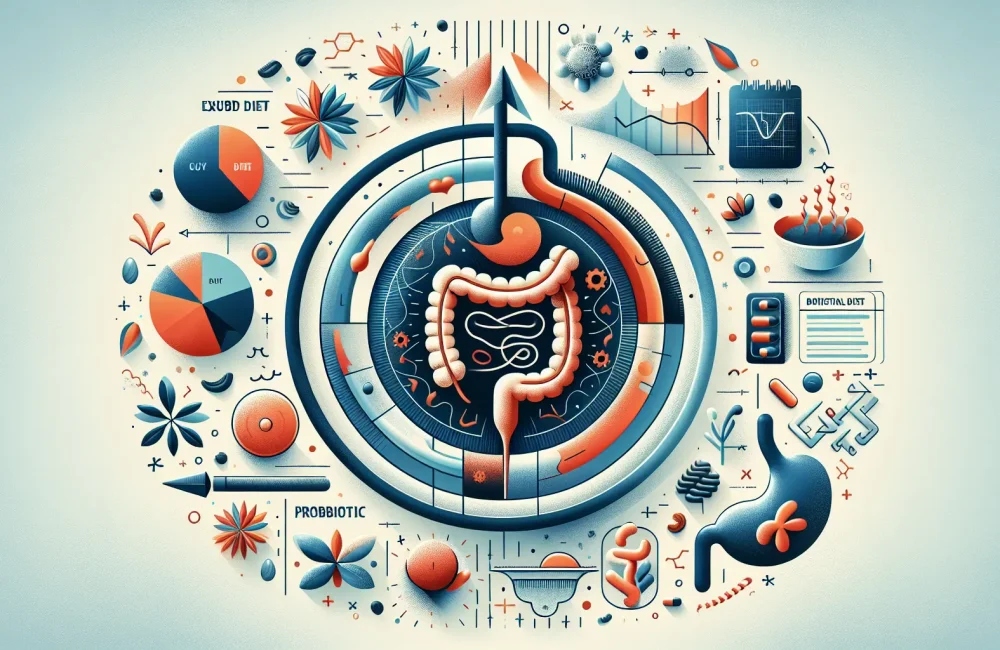By CAFMI AI From The American Journal of Clinical Nutrition
Relationship Between Carbohydrates and Triglyceride Metabolism
The article explores the intricate relationship between saccharide intake, specifically glucose and fructose, and their influence on triglyceride levels in the blood. It highlights how dietary carbohydrates impact lipid profiles through metabolic pathways centered around lipogenesis and insulin regulation. Clinical and experimental studies referenced in the article collectively indicate that high carbohydrate consumption, particularly diets rich in certain simple sugars, can elevate triglyceride concentrations. This elevation is clinically important as increased triglycerides are a well-established risk factor for cardiovascular diseases, a major health concern for clinicians managing metabolic and cardiovascular health in their patients. Mechanistically, the article discusses how glucose and fructose serve as substrates for hepatic conversion into fatty acids, which are then esterified into triglycerides. Insulin plays a key modulatory role, promoting lipogenic enzyme activity, which can enhance triglyceride synthesis under conditions of elevated carbohydrate availability. These findings underline the metabolic consequences of excess carbohydrate intake beyond calorie counting, linking specific sugar types to alterations in lipid metabolism and, consequently, cardiovascular risk.
Clinical Implications: Managing Elevated Triglycerides Through Diet
From a clinical perspective, the article emphasizes the importance of dietary interventions focused on carbohydrate quality and quantity in managing triglyceride levels. It advocates for careful modulation of saccharide intake, particularly reducing simple sugars like fructose and glucose, which strongly influence triglyceride synthesis via liver metabolic pathways. The study underscores the need for clinicians to consider not only overall carbohydrate content but also the types of saccharides consumed when advising patients with hypertriglyceridemia or those at risk for cardiovascular disease. This approach complements lipid-lowering strategies such as pharmacotherapy by addressing the dietary source of triglyceride elevation. Moreover, the article highlights enzymatic mechanisms involved in hepatic triglyceride synthesis, such as specific lipogenic enzymes, providing a biochemical framework for understanding how dietary carbohydrates contribute to dyslipidemia. Clinicians should integrate this knowledge into counseling patients, emphasizing balanced carbohydrate intake and possibly favoring complex carbohydrates with lower glycemic indices to mitigate postprandial lipogenesis. The article also guides primary care workflows by supporting early dietary assessment and intervention before pharmacologic measures become necessary, thus aligning with preventive cardiology principles.
Study Context, Limitations, and Future Directions for Clinical Practice
Providing a comprehensive view, the article also discusses the study design and the biochemical experiments that underpin the findings. While based on clinical and experimental data from the early 1970s, the research employed rigorous metabolic tracing and enzymatic activity assays to elucidate how saccharides influence lipid metabolism. The study population and experimental models, while not described in extensive detail, included human clinical subjects and animal models to demonstrate consistent effects of carbohydrates on triglyceride synthesis. However, clinicians should be aware of limitations inherent in the data, including the study era, potential differences in diet patterns today, and evolving understanding of carbohydrate metabolism. In terms of guideline context, the article’s findings align with modern recommendations to limit simple sugar intake to reduce cardiovascular risk. Red flags for clinical consideration include markedly elevated triglycerides not responsive to medication alone, prompting assessment of dietary carbohydrate sources. Counseling points should focus on individualized dietary plans emphasizing moderation of saccharide intake, monitoring lipid profiles regularly, and coordinating care with dietitians. Future directions in clinical practice might involve integrating biochemical insights into personalized nutrition approaches that factor in genetic and metabolic variability, ultimately aiming to optimize triglyceride management and cardiovascular health outcomes in primary care and specialized settings.
Read The Original Publication Here






